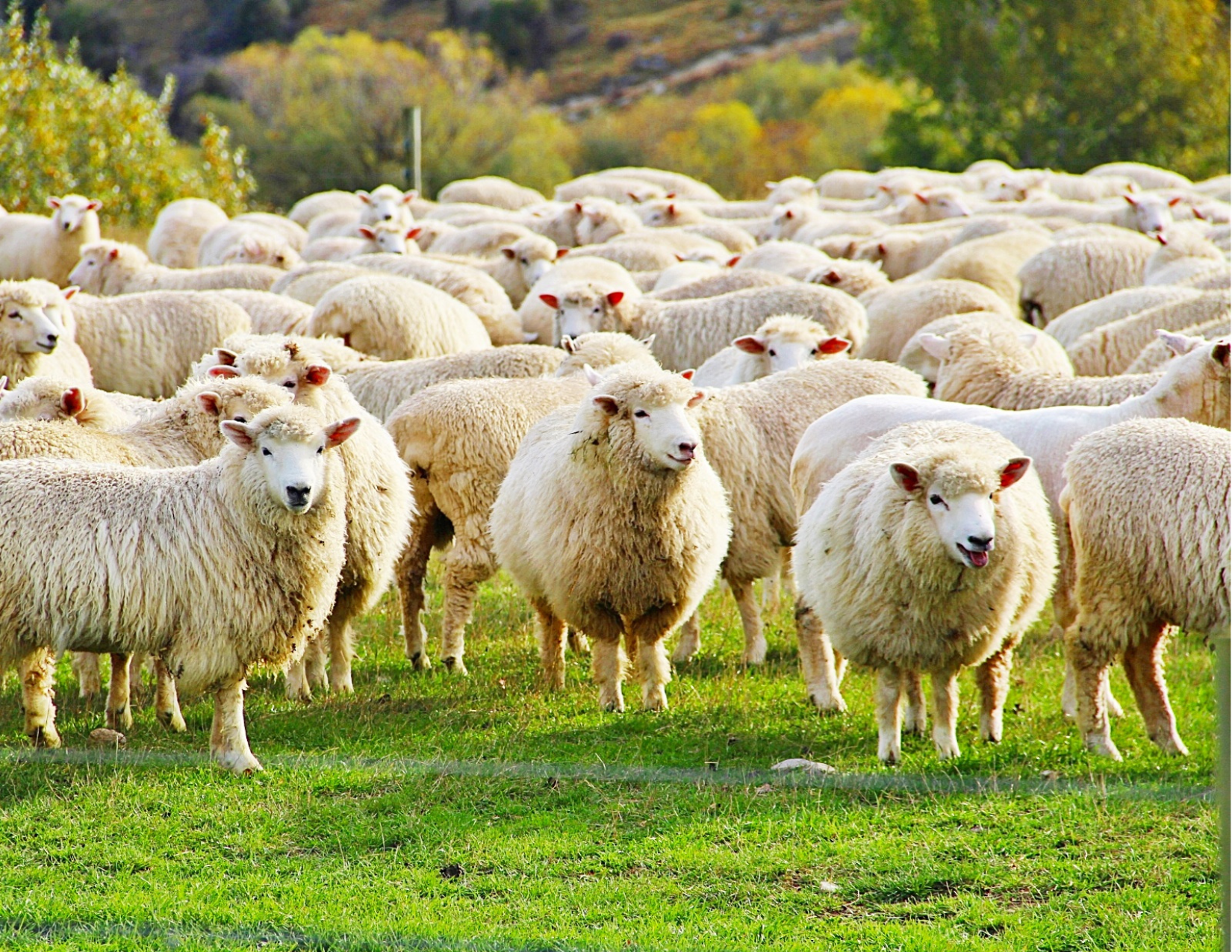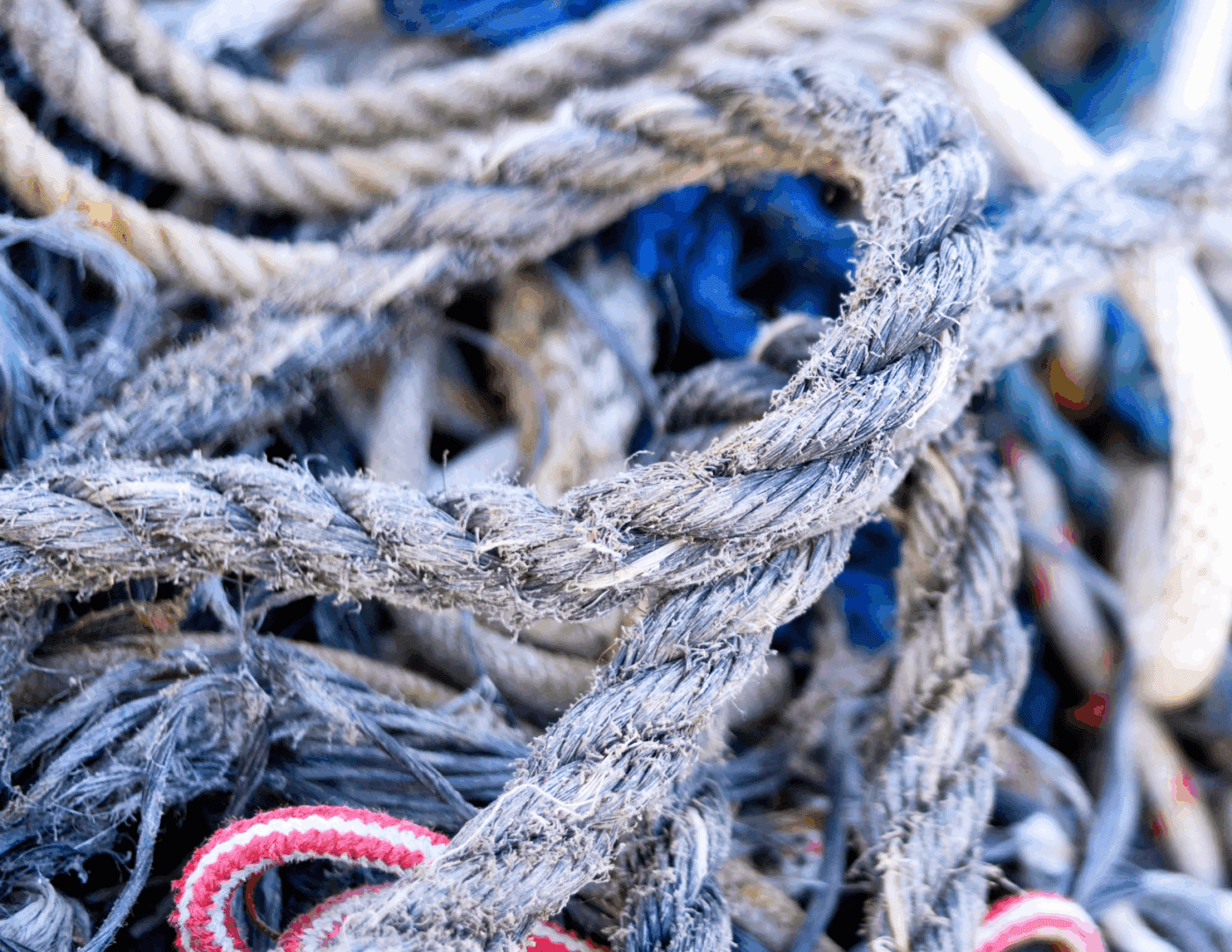At this point in the season, competitors have worked so hard to build and refine skills. For many, the growth has been tremendous in just a few short months, and those new abilities will outlast the competition season.
What we do with our accomplishments matters! And, with that truth in mind, we thought it would be a good time to reshare a devotion with you.
During the 2024 National Championship, we had the privilege of listening to a particularly memorable morning message from Kristi Eskelund, one of our alumni moms. She shared insights she’s gained through raising sheep and working with their wool that we can apply to wrapping up this season well.
Enjoy, and be inspired!
Transcript:
In my life after the NCFCA, I have retired to being a sheep farmer, and that’s been a learning curve. And part of the learning curve for me has been understanding not only my sheep, but the wool that they grow and the process of using that wool and the many, many applications that are available for using that wool.
It is an incredible material. It can be spun into yarn. It can be woven into cloth. It can be dyed hundreds of colors. It can be felted, it can be sculpted, it can be knotted into rugs. It’s fire resistant. It is water resistant and yet holds enough water that it’s very effective as a garden mulch. In fact, in the regenerative agriculture community, we’re now producing wool pellets that are used as a soil conditioner because wool is also 100% carbon capture material. So it’s renewable and sustainable with hundreds of applications. And let’s remember, this is a God-given commodity. It is not something that is manmade.
And I see your gifts this way as well. Here you are. And you’re developing many, many different gifts. And they have broad application and they are also God given. And when my sheep are in full wool and truly, they are adorable. They’re very cute. People stop on the road in front of my barn, they get out of their cars, they smile at my sheep. They take pictures, and it’s wonderful. It makes me smile when I see that. And I think that’s a little bit how you are when you come with your best presentation as well, and I think God smiles to see the work that you’re building here.
But you know what comes next for my sheep, right? Right. I shear them, and I take that wool because if the sheep keep their wool, they come to harm. Actually, my sheep have to have the wool trimmed around their eyes because the natural oils in wool will actually cause them to go blind if I leave it there. So perhaps you’ve heard the idiom “pulling the wool over someone’s eyes.” I have to prevent that.
My sheep also collect everything that they come in contact with in their wool. It works like velcro, so things stick there and they stay. And here’s a shepherding truth, the thicker the wool, the dirtier the wool. So if I don’t take the wool off, there’s huge potential or infection during lambing or during the event of an accident or injury.
And lastly, the wool will eventually just weigh the sheep down and weary them to the point that they can no longer bear it. So the Good Shepherd takes the wool from the sheep, and when they’re exposed that way, it’s a little bit humbling. They’re kind of funny looking, actually. They don’t even recognize each other, which is the really funny part about it. But I, the shepherd, then have the ability to see any potential problems that might have been lurking under that wool. And I have the access to deal with those problems in the absence of that thick coat of wool. So their humility enables me to do the work that I need to do to care for my sheep.
Additionally, when I take their wool and they’re humbled like that, I can use the wool. My sheep can’t do anything with their wool, they’re lovely little sheep. They’re adorable. They have individual personalities and they delight me, but they do not have skilled hands. They have no capacity for refining the debris out of their will and they have no master vision for what it can be used to do. I, the shepherd, am the one who takes the wool and decides how best to use it in those various and wonderful ways that I talked about. If I don’t take the wool, it’s wasted on the sheep. So that’s an important thing to remember.
Our wool is not for us; it’s for Shepherd.
And here’s another thing to remember, because the world right now is flooded with a cheaper, plastic alternative to wool. How many of you have a microfleece or polar fleece pullover that you wear? Right. It’s softer, it’s cheaper, it’s easier than a wool one. But that is a man-made commodity. It’s not a God-given commodity. And the world may not be interested in the scratchy truth that you have or in the relationship you claim with your Shepherd because they like the cheap alternative.
So our goal really is to give up that wool to the Shepherd, let Him make what he would make of it, and to be humble ourselves so that we enrich Him in that way.
So I hope that you can do that in your journey, that you grow your gifts, that you grow them to their fullest, and that you yield them willingly to your Shepherd so that he can put them to his design to use.
By Kristi Eskelund, NCFCA Alumni Mom




